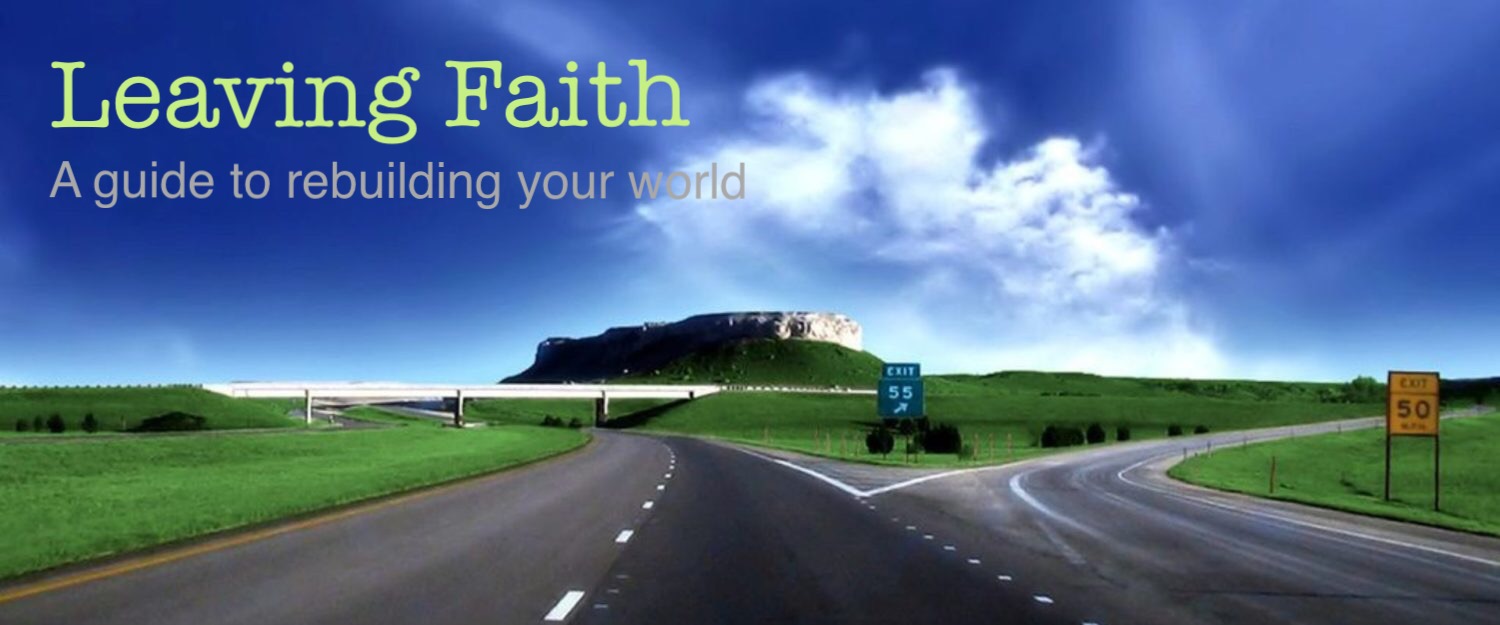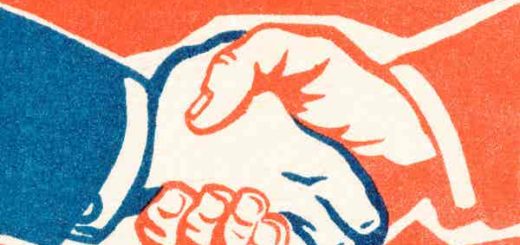Unlearning – the need to emtpy the glass first

Photo Credit: rlcasey
The Principle
When exiting a strongly manipulative world view or system, we must take some radical steps to clean up the mess before rebuilding.
Before we can take in new ideas (truths), we must clear out the old ideas previously perceived as truth – adding new ideas to the old is like adding clean water to a cup half filled with dirty water – all you end up with is slightly less dirty water.
The Practice
If you are leaving or losing faith, you are already beginning to disengage from ideas you previously thought true. However, that does not mean that everything you previously believed is false. The trouble is, it is often hard to know which ideas have merit and which don’t – they are all woven together like an inextricable fabric. Or to use our current metaphor, the clean water is mixed with dirty. So what can we do to responsibly hasten the process of releasing our old ideas?
1. Understand that we must first let go of ALL we thought true and start from scratch
Trying to figure out what’s true or not about our current, messed up belief system is a fool’s errand. It’s like trying to pour out the dirty water and leave the clean. But I know some of you logical, scientific types are already extending my metaphor and asking questions like “yes, but you could allow the dirt to settle and decant some water off, or you could filter the water.” Now, you do know that metaphors don’t extend perfectly or infinitely, right? They’re just a tool for understanding.
However, let’s follow up on those two extensions, because they do have some merit. Decanting is the act of pouring off what is on top to leave what is on the bottom. So are we saying that bad ideas are like dirt, and good ideas are like water? If so, what practical action allows the particles to sink? Do we need to sit still in silent mediation, for example, and wait for the dirt to settle? What about dirt that is in solution? That won’t settle out. It seems to me that decanting will only work if you have big pieces of untruth that will clearly and easily sink to the bottom. I suppose you could easily identify and abandon those, but you’re still going to have dirty water.
What about filtering? The question is, what is your filter for truth? To put it in philosophic terms, what is your epistemological method? Traditionally, religious philosophers have referenced four ‘authorities’ in the search for truth, namely Scripture (which you may now be disregarding), reason, experience, and tradition (or human wisdom). Can we now use reason, experience, and wisdom to sift through what we believe?
Let me suggest that it takes more time to filter dirty water than it does to just empty it out and fill the glass afresh. You WILL be using reason, experience, and wisdom to rebuild your world view, and you may even refer to some source of ‘revealed truth’ like scripture if you find a source that you find credible. But let me summarize this way – it is easier and better to throw out ALL you believe, then take back one bit at a time the things you reconfirm as true.
2. Understand that truth can be recognized – by YOU
Many times, we are afraid that we will not be able to recognize truth in our quest, especially since we missed it the first time. But you are not as naive this time. You will be using caution, reason, and other tools to slowly and carefully rebuild. Truth will not perish if you let go of it, and it will wait for you to take it back up. The facts will shine through for you if you are patient and hard working.
Facts are stubborn things; and whatever may be our wishes, our inclinations, or the dictates of our passion, they cannot alter the state of facts and evidence. ~ John Adams
The Impact
It is a crucial first step to realize that you must let go of most of what you believe in order to start from scratch. It is also a frightening prospect – to let go of what has moored us to sanity (and insanity, don’t forget) and to making sense of the world is no small thing. However, this prepares us for the adventure of real truth finding!
This lesson has no real actions or practices associated with it except for this: we must shift our understanding to realize that we must first empty before we refill.



